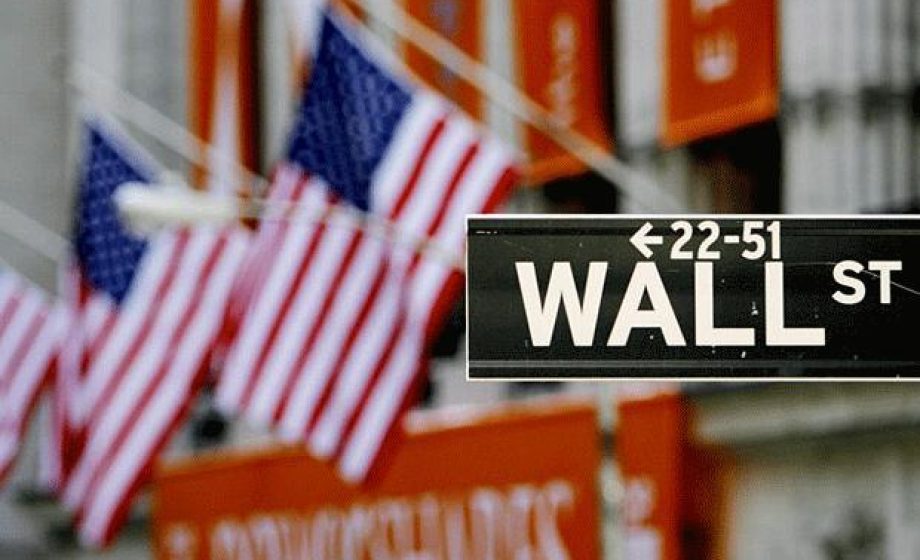
Last week Criteo announced its Q2 2014 results, with across the board YoY growth in Revenue, EBITDA, and a positive Free Cashflow. The company attributed much of its success to its new Criteo Engine, announced in June, which allows Criteo to make retargeting decisions based not only on click-behavior, but purchase behavior. Additionally, it’s mobile solution is steadily growing in use, with 69% of clients seeing mobile ads.
Yet Criteo’s stock is not seeing the same kind of growth. In fact, the stock is trading closer to its all-time low ($25.16/share) than it is to its IPO price from last October ($35.39 at the end of its first trading day) as of the closing bell last Friday ($29.19). While Criteo isn’t performing nearly as poorly as its Wall Street competitor Rocket Fuel, which is trading at an all time low this week, Wall Street certainly isn’t giving Criteo a break.
The source of Criteo’s problems, as WSJ’s Jack Marshall noted earlier this year, is that the Ad-Tech market is increasingly fragmented & complicated, and as the web’s biggest players – Google, Facebook, Twitter, Apple – invest in their own advertising technologies, the weariness about the sustainability of the AdTech sector’s size is being spread out across all companies, regardless of performance.
There’s no doubt that consolidation is not only necessary, but near. Criteo’s acquisitions in the past 9 months are indicative of its desire to be a consolidator, and not the consolidated, but it is ultimately the marketers who will decide with their digital ad dollars who thrives, who survives, and who dies.

